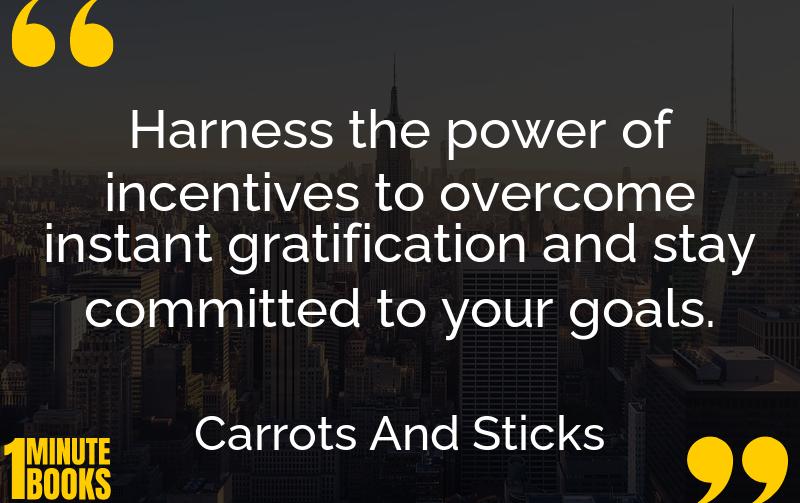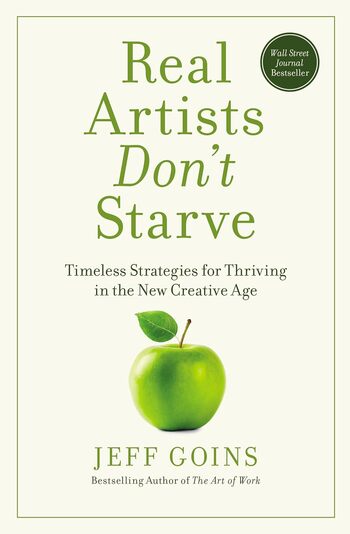
Carrots and Sticks examines why we gravitate towards instant gratification and how incentives like rewards and penalties can counteract this tendency, helping us achieve long-term goals.
Main Lessons
- Instant gratification often leads us away from long-term objectives.
- The psychology of loss aversion highlights why we fear losing more than we value gaining.
- Carrot (rewards) and stick (punishments) strategies influence behavior effectively.
- Commitment contracts create accountability, especially with public consequences.
- Cash fines are more impactful when directed towards unfavorable recipients.
- Breaking bad habits requires imposing substantial deterrents, not minor punishments.
- Realistic goals supported by small milestones make lasting change achievable.
- Incentives encourage focus on long-term aims over short-term pleasures.
- Effective self-control requires prioritizing single behavior changes for focus.
- Balanced applications of reward and punishment can optimize behavior change.
- Social pressure is a powerful motivator for adhering to commitment contracts.
- Economist Richard Thaler’s ‘Save More Tomorrow’ plan exemplifies incremental savings.
- Balancing present and future rewards helps reduce impulsive decision-making.








